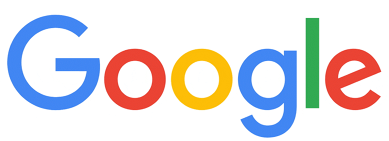We all know that Google is your friend, and it’s a friend that sometimes knows far too much about us. While using the search engine a while ago, I discovered that it can even work out what I’m going to search for next.
I was reminded of this earlier this week when I showed a wildlife guru the below picture of an enormous moth that I snapped in Ellesmere Port a couple of years back.
I know it’s not easy to assess the size based on that picture, but if you think of how big a regular building brick is, and then consider that this thing is taking up most of the smallest face of the brick, it did leave me wondering whether the moth should really be in West Cheshire or whether it had taken a wild detour from the Amazon rainforest.
On showing the picture to somebody who knows his setaceous Hebrew character moths from his shoulder-striped wainscots, he told me it was an eyed hawk moth. Of course, being a curious mind and an internet nerd, the first thing I did was Google the species. I found out that they are reasonably common in the UK during the summer, and that the ‘eyes’ on the wings are only visible when the moth is resting. I also discovered that their wingspans can be as wide as 9cm (3.5 inches), which led me to wonder what the largest moth in the world was.
What surprised me was that Google already seemed to know that this was the next question I would ask. While still on the results page for ‘eyed hawk moth’, I began to search for ‘world’s largest month’, and look what Google suggested just two letters in!
Of all the things Google is able to work out for itself, I find this one of the most surprising and almost eerie. If we go to Google.co.uk and begin a search with ‘wo’, the first result is daily deals website Wowcher. This is followed by content management system WordPress, payday loans company Wonga and World Book Day, with ‘world’s largest moth’ nowhere to be seen. In fact, even a search for ‘world’s largest’ suggests economies and, oddly, gummy bears long before moths.
What it means is that Google is actually considering your last search when suggesting your next, perhaps even leading to users changing their mind while typing in their search because their attention has been diverted by Google’s alternative suggestions.
What’s the next phase, I wonder? Could Google ever search us for what it wants, rather than the other way round?
- How to find a circular reference on Excel - May 23, 2024
- Five life skills learned from internet marketing - January 3, 2024
- How artificial intelligence can (and can’t) help you write content - September 29, 2023





